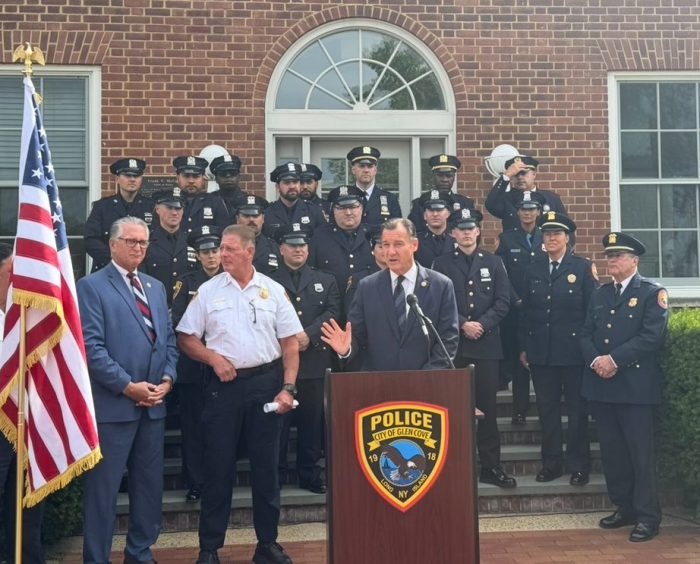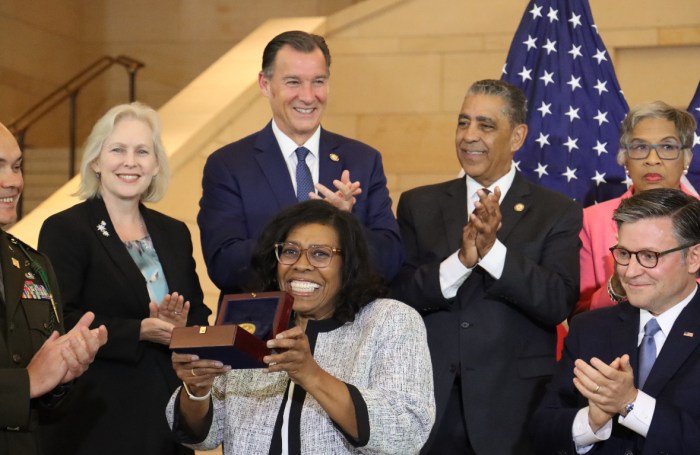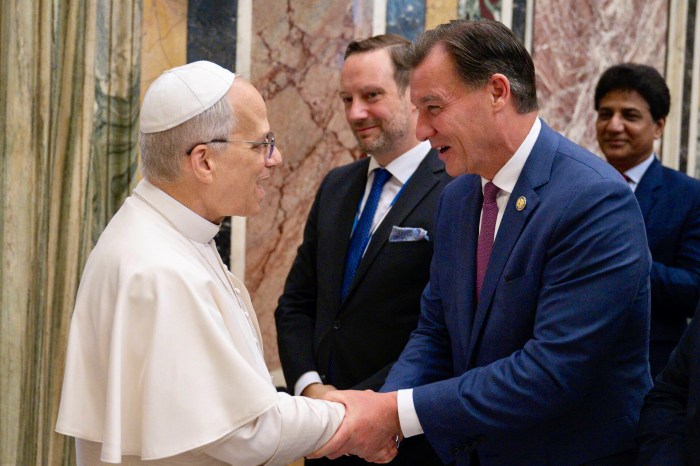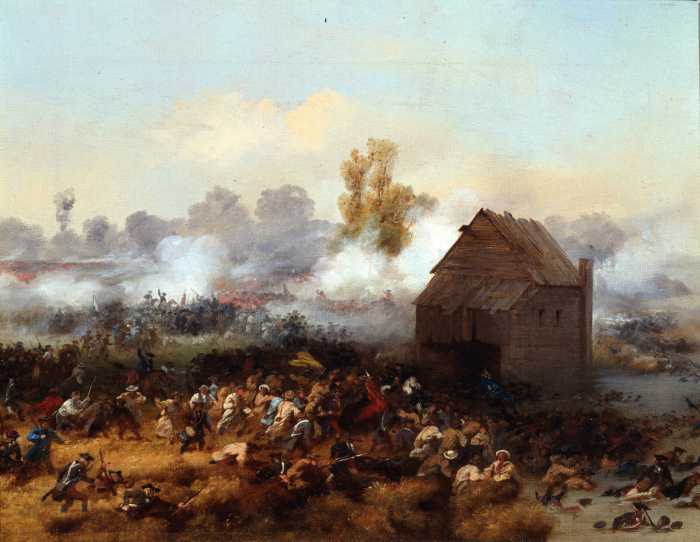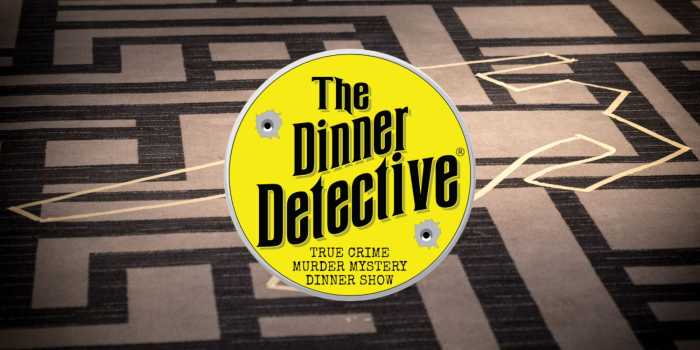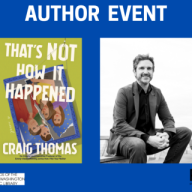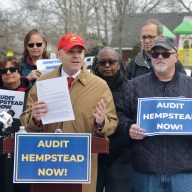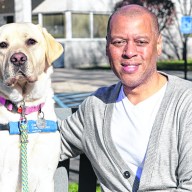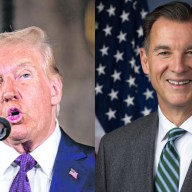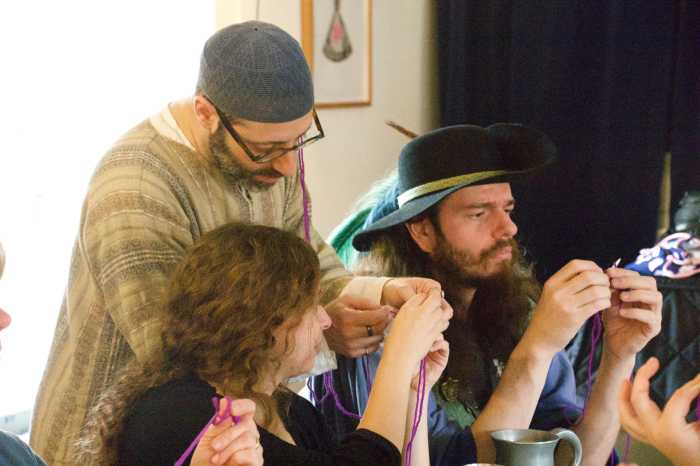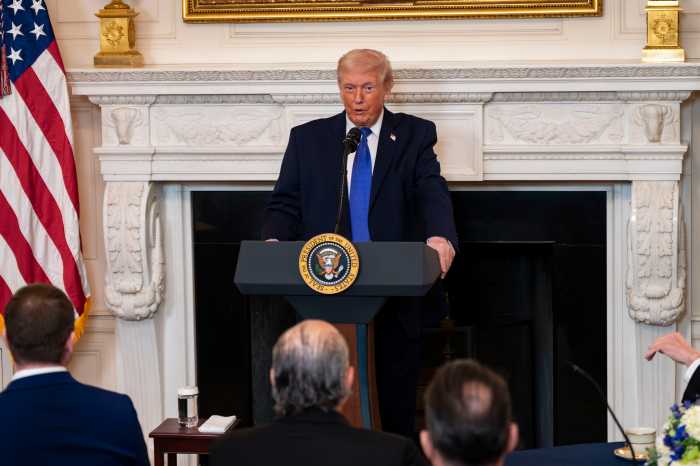Charlie Kirk’s assassination was frightening and must be universally condemned. There is no question that Mr. Kirk could be inflammatory, but no matter your political beliefs, there is no justification for violence against someone because you harbor disagreements with them.
We can argue passionately about ideas, policies, and leadership, but the moment we cross the line into threats or physical attacks, we lose something so valuable: the very foundation of a civil, functioning democracy.
Unfortunately, Kirk’s assassination was far from the only such attack against a public figure in recent memory. We’ve reached a point in this country where political violence is no longer a rare outlier.
In more and more corners of our discourse, it’s being normalized, or even sanitized. It’s easy to be shocked by an incident in isolation, especially one that occurs in broad daylight and is widely reported in the news thereafter, but we need to take a hard look at the wider pattern.
Just in the past year, the list of political violence is harrowing. An arsonist set fire to Pennsylvania Gov. Josh Shapiro’s residence. Speaker of the Minnesota State House, Melissa Hortman, and her husband were assassinated. There was an attempted assassination of state Sen. John Hoffman and his wife.
And of course, there was the shocking assassination attempt on then-former President Donald Trump.
These weren’t minor events. These are attacks on democracy itself—on the very freedoms we all enjoy—carried out on home soil.
So how did we get here?
Part of the answer lies in the media ecosystem we’ve allowed to thrive. Cable news, talk radio, and especially social media have become breeding grounds for rage and extremism for one simple reason: outrage keeps viewers hooked—the more dramatic the headline, the more profitable the segment.
On social media, computer algorithms reward engagement, regardless of its toxicity. Conflict and hate get boosted; reason and nuance get buried.
More importantly, we can’t ignore the external forces at play either. Our foreign adversaries understand that a divided America is a weakened America. Russia, the Chinese Communist Party, North Korea, and Iran are working overtime to stoke the flames of division.
They can’t defeat us militarily or even economically, so instead they are trying to destabilize us from within.
Their governments stifle disagreement domestically while they weaponize America’s culture of healthy debate. They create and promote doctored videos, flood our inboxes with bots and hackers, and take advantage of online algorithms to further inflame already contentious issues.
By sowing mistrust and promoting conspiracies, they chip away at our national unity and, with it,
our strength.
The stakes couldn’t be higher. If we want to build a united, more prosperous America, we must start by turning down the temperature and turning toward each other. We need leadership that’s
not just about scoring political points to campaign on in the next cycle, but about restoring trust,
civility, and shared purpose.
That’s precisely the kind of work I’m doing with the Problem Solvers Caucus. We’re a group of Democrats and Republicans committed to dialogue, compromise, and real solutions. We don’t agree on everything—far from it. But we agree that Americans deserve more than shouting matches.
They deserve a government that works.
This kind of leadership doesn’t come from grandstanding. It comes from listening, from sitting across the table from someone you disagree with and saying, “Let’s figure this out together.”
I’m putting in the work, and others on both sides of the aisle and across the country are joining with me.
Let’s rebuild a culture where we can disagree without dehumanizing, debate without destroying, and dissent without descending into chaos. I have heard multiple accounts that Charlie Kirk wished to be remembered for “fighting for his faith.”
Speaker Johnson has said he “was a follower of Christ.”
Let’s not forget that one of Jesus’s most difficult commands was to “love your enemies.”
We can disagree with each other without holding each other in contempt. Let’s love each other.
It’s time to reject hate. It’s time to come together, not just as Democrats or Republicans, but as Americans.





